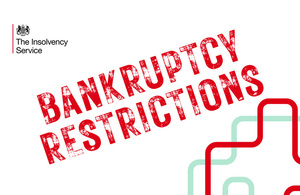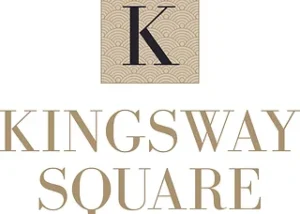Restructuring with a CVA or administration

Post lockdown, many directors will restructure their companies using insolvency procedures, most likely administration or a company voluntary arrangement (CVA).
The Government recently introduced a moratorium facility, which offers 20 to 40 days of protection from creditors. But a director who opts for this will undoubtedly find themselves considering a CVA or administration once the moratorium ends.
Why? Because depending on what you’re trying to achieve, administration and a CVA both offer excellent possibilities for restructuring.
A CVA is great if you’re going to continue trading and moving the business forward with the support of creditors.
However, a pre-pack administration is more appropriate if you’ve lost the support of creditors and want to start again. This is because a pre-pack allows a director to:
- Cut ties with creditors
- Buy back the useful parts of the company
- Start trading again with a clean slate.
CVA vs Administration
With a CVA you’re shedding weight so you can travel lighter and further. You can shave 50% to 60% (or even more) off the value of your debt, and repay the balance over 5 years.
And all this can be done completely interest-free, providing you with an opportunity to be more competitive, lean and profitable.
A major difference between the procedures is that creditors in a pre-pack administration may end up with nothing. Directors can lose the creditors in a pre-pack, and strike a deal with the administrator to buy back the assets.
The administrator may require a personal guarantee, but the director can pay in instalments over many months. Effectively, the assets are transferred from the insolvent company into a new 1.
The new company starts trading immediately under a new name, and the cash generated is used to:
- Improve the business
- Pay the administrator for facilitating the pre-pack
Independent support
It’s essential that you seek professional advice before placing a company into any of the aforementioned insolvency procedures.
This support should come from an independent specialist rather than a lawyer or insolvency practitioner (IP). A lawyer is only likely to refer you to an IP who cannot provide independent advice in this situation.
For example, an IP is more likely to recommend a pre-pack administration over a CVA simply because a pre-pack will earn them more fees.
Furthermore, an IP will counsel the director before the company is placed into a procedure. But the IP also has a duty to protect the company’s creditors, which creates conflict of interest issues.
As the old saying goes: ‘No one can serve 2 masters.’ And that’s why it’s crucial you utilise the services of an independent expert to provide advice that’s in your best interest.
What Is a Bankruptcy Restrictions Order (BRO)?
When you declare bankruptcy, you enter a 12-month period as an “active bankrupt,” during which you must adhere to a set of restrictions. If you…
Read MoreKingsway Square Limited (In Administration)
Did you purchase an off-plan property with Kingsway Square Limited (In Administration) which has not been developed – would you like your deposit returned? Are…
Read MoreGibraltar Financial Services Commission (GFSC) – Did they fail Loan Note Holders?
As a loan note holder, you may have placed your trust in regulatory bodies such as the Gibraltar Financial Services Commission (GFSC) to safeguard your…
Read MoreGibraltar Financial Services Commission (GFSC) – 100% Asleep at the Regulatory Wheel
Faith in Regulations Insolvency & Law (I&L) recently received confirmation from the Gibraltar Financial Services Commission (GFSC) that Castle Trust and Management Services Limited (CTMS)…
Read More


